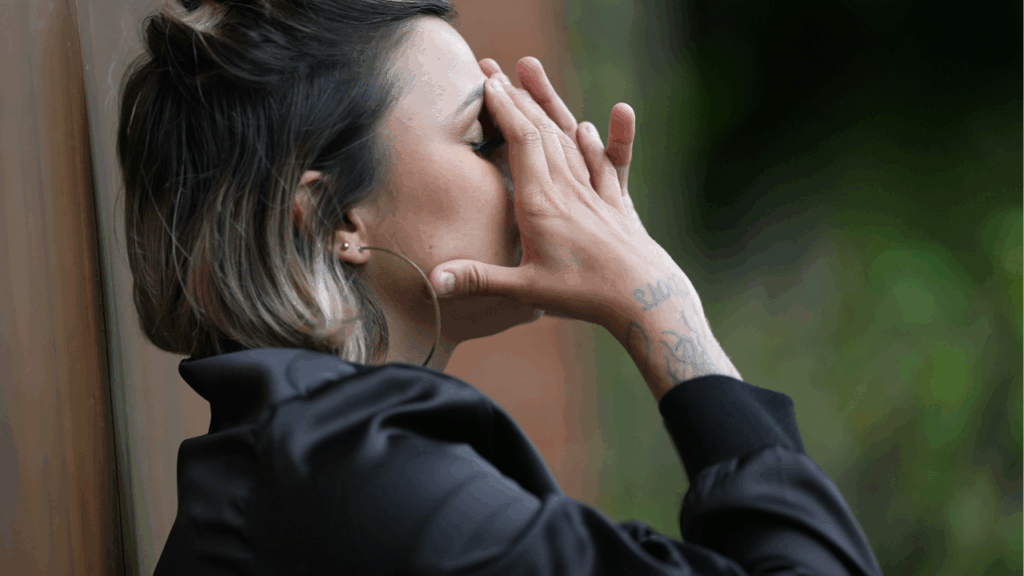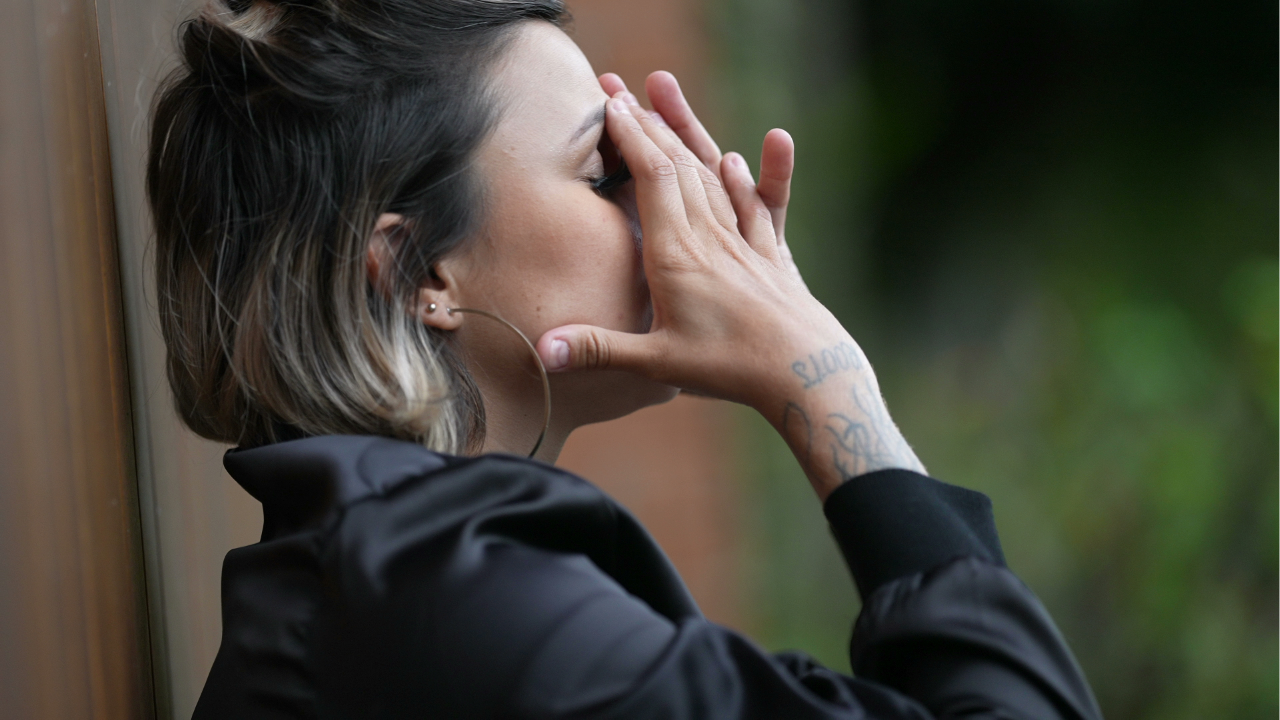If your child is self-harming, you may feel like a failure. Here’s how to release the shame, understand your child’s pain, and keep showing up with love.
Letting Go of the Shame Around Self-Harm

When the Shame Creeps In…
Maybe you just found out.
Maybe it’s been weeks, or months, or years.
But the weight is the same.
“If my child is hurting themselves… I must be doing something wrong.”
That’s the lie shame wants you to believe. And it’s a heavy one.
But here’s the truth:
You are not a bad parent.
You’re a human being doing the best you can in an impossibly hard situation—and your love still matters.
What Shame Sounds Like (And Why It’s Not the Truth)
Shame thrives in silence. It grows in isolation. And it feeds off questions like:
- “What did I miss?”
- “Why didn’t they come to me?”
- “What will people think?”
- “What kind of parent lets this happen?”
But these thoughts don’t reflect your love or your effort. They reflect your pain. And that pain is valid—but the blame is not yours to carry alone.
1. Self-Harm Is a Coping Mechanism—Not a Reflection of Your Parenting
Self-harm isn’t caused by one event, one relationship, or one mistake. It’s often a complex mix of:
- Emotional regulation challenges
- Internal pain or trauma
- Mental health struggles (like anxiety, depression, or dissociation)
- Feeling overwhelmed, numb, or out of control
Your teen is not doing this to you. They’re doing it because something in them hurts—and they don’t yet know another way to cope.
You didn’t cause their pain. But you can be part of their healing.
2. Your Reaction Can Shift the Story
Shame might tell you to stay quiet, to withdraw, to punish—or to overcompensate by trying to control everything.
But healing happens when you lean in with:
- Empathy instead of interrogation
- Support instead of solutions
- Consistency instead of perfection
You don’t need to say the perfect thing. You just need to stay present.
3. Your Teen Still Needs You (Even If They Push You Away)
One of shame’s cruelest lies is this:
“They don’t need me anymore.”
But they do.
They need someone who will show up—again and again—without demanding that they be okay before you love them fully.
They may not say it. But your steady presence matters more than you know.
4. Healing Starts With Giving Yourself Grace
Letting go of shame doesn’t mean ignoring your feelings. It means acknowledging them—and releasing the ones that don’t serve your healing or your child’s.
Give yourself permission to:
- Feel hurt, confused, scared, angry
- Ask for help
- Get therapy for yourself
- Take breaks without guilt
- Love your child and not know how to help them yet
You are allowed to be in process, too.
Try This: A Reframing Exercise
Instead of:
“I’ve failed my child.”
Say:
“My child is in pain, and I’m learning how to help.”
Instead of:
“I don’t know what to do.”
Say:
“I’m showing up—and that’s a powerful start.”
Final Thoughts
You’re not failing.
You’re parenting through something deeply difficult—with courage, even when it doesn’t feel like it.
The shame isn’t yours to hold anymore.
Set it down. You’ve got more important things to carry: love, hope, patience, and the belief that healing is possible—for both of you.

View comments
+ Leave a comment